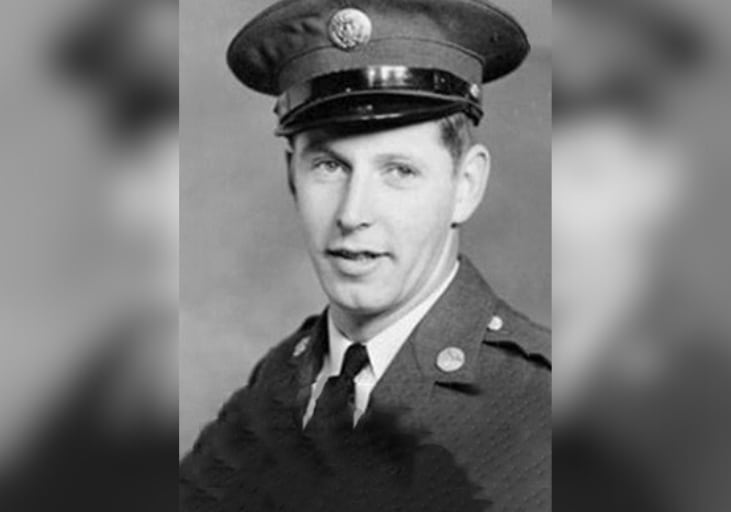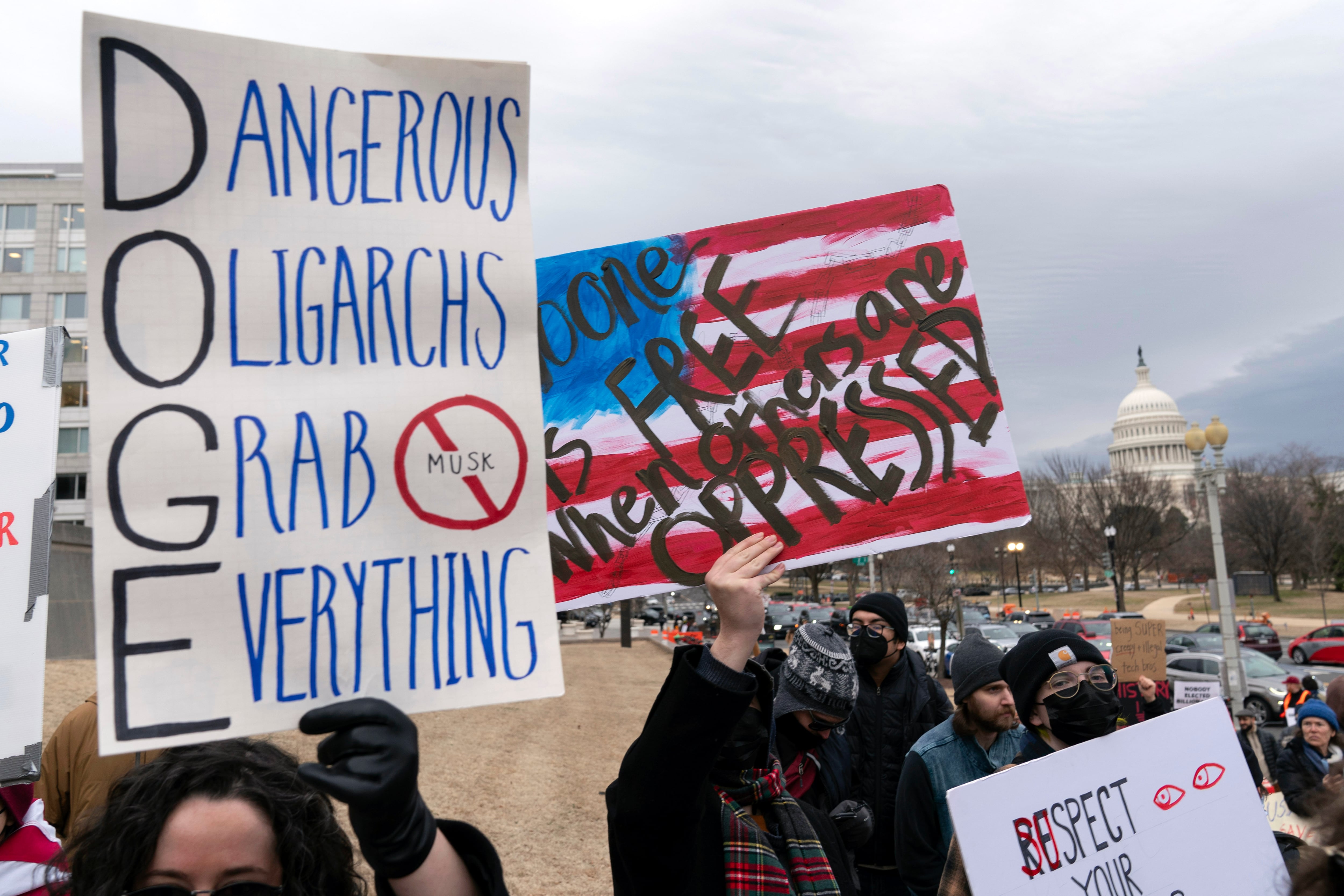As he stood just inside his boss' small office, Spc. Wilfred Sanchez felt someone approaching.
"It kind of makes the hair of my neck stand up. When people walk up behind me ... I always sense it," Sanchez told Army Times about the April 2, 2014, shooting at Fort Hood, Texas.
The man approaching Sanchez was Spc. Ivan Lopez-Lopez, the soldier who would kill three and wound 12 before killing himself.
"I could see Lopez's face, out of my peripheral," Sanchez recalled. "Just completely contorted with rage — unimaginable, indescribable."
Lopez-Lopez drew his .45 pistol and, from the doorway, shot Sanchez' bosses — Sgt. 1st Class Warren Hardnett and then-Sgt. Jonathan Westbrook — where they sat.
Sanchez quickly moved to shut the door on Lopez. As he closed it, Lopez fired through the door and a bullet pierced Sanchez's chest.
Sanchez, assigned to the 49th Movement Control Battalion, received the Soldier's Medal this spring for his heroic actions. Sgt. Lori Singer-Bare, Sgt. George Long, 1st Lt. John Arroyo Jr. and Maj. Patrick Miller also have received Soldier's Medals for their actions that day, and the Army plans to present it to Westbrook on June 30.
Three soldiers were killed that day: Sgt. 1st Class Danny Ferguson, Sgt. Timothy Owens and Staff Sgt. Carlos Lazaney-Rodriguez.
"It wasn't just three people we lost that day, there were countless people who were affected," Sanchez, a human resources specialist, said. "We've all been trying to crawl out of hell since then."
Sanchez and Hardnett said they suffer from post-traumatic stress disorder.
"It's just a real hard day every day, when you always feel that someone is out to get you," said Hardnett, who will retire after nearly 24 years of service in August. "When I'm outside, driving on post, I'm always waiting and anticipating where the next incident is. I always feel that something is about to happen."
Argument escalates
Lopez-Lopez, a former member of the Puerto Rico National Guard, had gone active duty in 2010 and deployed to Iraq in 2011. He was counseled for nonpromotion after returning, and reclassed from infantry to motor transport operator (88M). In fall 2013, he lost his grandfather and his mother.
After a drawn-out process to move to Fort Hood, he returned to work after being granted leave to pick up his wife in Odessa, Texas, and his personal belongings at Fort Bliss, Texas. His permissive temporary duty request had been signed by his battalion commander after being bounced around due to errors. On April 2, he walked into the human resources office, where Sanchez noted to him that such requests for 10 days of leave generally apply to soldiers looking for housing. Lopez-Lopez had lived at Fort Hood since February.
"He would repeat this phrase, and he would add nothing and take nothing: 'My gun was stolen and I need to find a new apartment,' " Sanchez said.
Sanchez said he needed to get superiors' approval. Eventually Lopez-Lopez came back with his sergeant first class into Hardnett's office, where Lopez-Lopez and his NCO argued.
"She was telling him that we are going to take care of him. She was getting on him for talking loud. He says, 'You're disrespectful.' I looked up and was like, 'Wow, OK.' She kind of paused, and she said, 'Excuse me?' " Hardnett said. "The main thing (upsetting Lopez-Lopez) was that it wasn't happening fast enough."
Lopez-Lopez kept speaking in Spanish despite his NCO telling him not to, including words Hardnett recognized as insulting. Hardnett threw him out of the office.
Westbrook and Sanchez could hear the altercation from outside the office. Sanchez said he muttered "stupid bitch" in Spanish as he stormed out and kicked the back door open to leave.
"At this point I'm sitting in shock. Like, 'Did this just happen?' " Sanchez said.
Westbrook said he followed Lopez-Lopez, who said he needed a cigarette to calm down. Westbrook told him to "do what you need to do."
Hardnett said the specialist remained difficult and his sergeant first class told him to sit down after he spoke in Spanish again. She told him she was taking care of his request, Hardnett said. He was told he would need his sergeant major to sign off.
"I guess he got tired of waiting," Hardnett said.
Lopez-Lopez left and returned around 4:15 p.m.
"I just looked up, and he had this gun pointed at me," Hardnett said. "I feel that he wanted me to see that he intended to kill me."
As Hardnett attempted to dive to the floor, one bullet grazed the right side of his neck and the second went into the right bicep and exited through the top of the shoulder near the base of the neck, just missing his face.
Westbrook heard the shots.
"All [of] the sudden it was 'bang,' and a gun was pointed at me," he said.
He was shot twice, once in the arm and once in the chest. Sanchez sprang into action and slammed the door as Lopez-Lopez turned to him.
"When he shot Sgt. Westbrook, the only thing going through my mind was 'I have to do something, I can't let him just kill my two bosses,' " Sanchez said. Then he was shot. "It felt like a horse kicked me in the chest. Just felt this immense pressure."
Sanchez, ears ringing, didn't fully register that he'd been shot in the sternum. He saw a piece of the bullet on his shirt; he pulled it out and threw it down when it burned his hand. Another shot fired blindly into the office just missed his neck, and Hardnett yelled at him to get down.
Hardnett made sure the door was locked as Lopez-Lopez tried to open it.
"If he got back in he was going to pick us up one by one," Westbrook said. "He would have killed us all."
Hardnett tried to call 911 but was in severe pain and struggled to talk. Westbrook took over the phone. Each of them tried to put pressure on their wounds.
The three lay in the locked office for 30 to 40 minutes before help could arrive as Lopez-Lopez continued his rampage.
"I didn't know if I was going to die or not," said Sanchez, who paramedics found to be the worst off when they arrived. "Apparently one centimeter left or right and I would have bled out and died."
Shrapnel remains in Sanchez's chest; there was no exit wound. Each day pain radiates out from the wound in the pectoral muscle and right triceps, he said.
Sanchez said he wants to advocate for those who were also hurt, whether by bullets, trauma or grief. He said in his brigade two were killed, six shot and 31 suffered psychological injuries.
Sanchez says he has ongoing counseling for PTSD, but he was glad he could act to help his commanding NCO and his first line supervisor, "two people who meant a lot in my life."
Hardnett also said therapy has helped, and he deals with guilt as well as the trauma of the surprise attack.
Lopez-Lopez was being treated for PTSD and behavioral health conditions including depression and anxiety. His unit also had a lot of turnover and manning shortages that led to communications breakdowns, according to the Army.
"It all started in my office. I was the first person he shot, and as a result of that, two of my soldiers were wounded. And co-workers I work with every day were killed," Hardnett said. "Even though he didn't give us a chance to get it resolved, that's just the way I feel about it."





